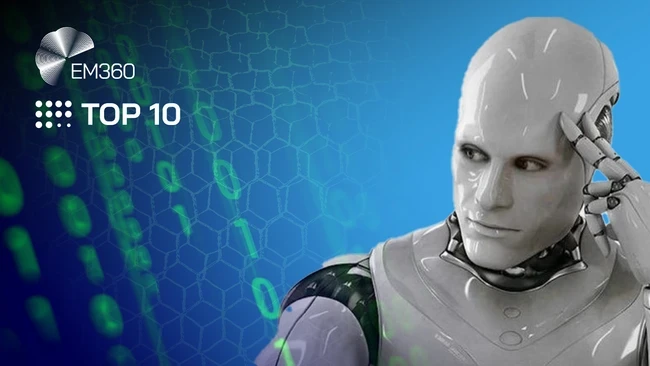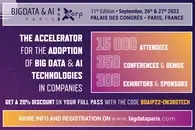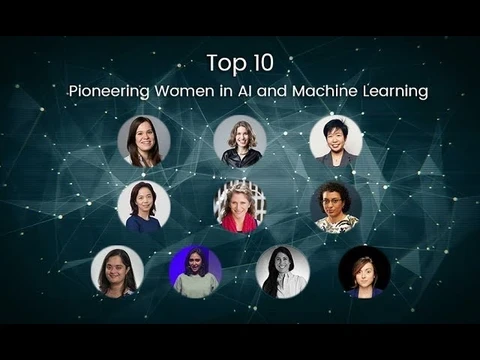Artificial Intelligence has grown into an increasingly popular concept in recent years. Capable of managing data and tasks at a speed much faster than the standard human being, AI has phenomenal potential in virtually every industry. It’s already responsible for helping us search through the internet, and solve problems through intelligent guidance.
Currently the market size for AI is growing at a phenomenal rate of around 20.1% CAGR, with an expected value of $1394.30 billion by 2029. Yet, even with the rapid development of the industry, there’s still a lot we don’t know about AI.
Here are some of the top facts about AI you may not be familiar with.

Read more about artificial intelligence on our dedicated AI in the Enterprise page







Comments ( 1 )
Ridhima Nayyar
09/11/2022